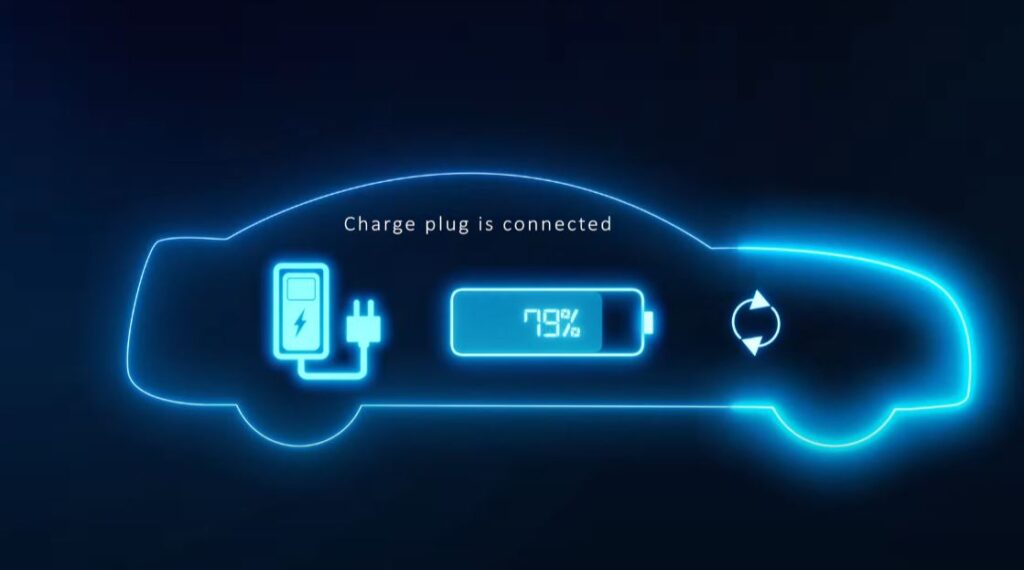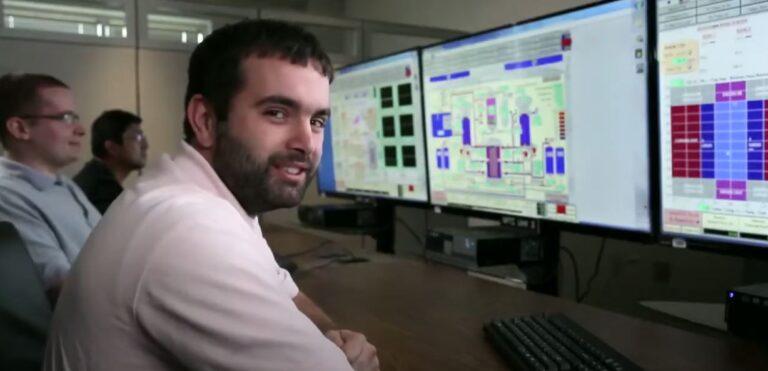How Long Does It Take to Charge an Electric Car? A Deep Dive into EV Charging Times
How long it takes to charge an electric car is one that both potential and existing owners are still fascinated by as EVs continue to gain popularity. The solution is a bit more complex, even though this may seem like a simple inquiry. Many variables, some of which you would not anticipate, affect how long it takes to charge your EV.

Charging a laptop or smartphone is similar to charging an electric automobile. The scope and time commitment, however, varied significantly. The charger type, battery size, car model, and even outside variables like temperature all affect the procedure. The good news is that, with the correct knowledge, EV charging can be comprehended in a way that maximizes convenience and dispels any confusion. Let’s investigate the actual charging time of an electric vehicle.
Levels of Charging: The Three Primary Choices
Understanding the three primary charger types—Level 1, Level 2, and DC Fast Charging—that power electric vehicles is essential to comprehending charging periods. A sluggish trickle or a quick boost are among the several speeds available with each of these choices. Understanding these differences will help you set reasonable expectations and help you choose the billing strategy that best suits your needs.
Level 1 Charging: The Method That Is Slow and Consistent
The simplest and slowest charging method is level 1, which uses a conventional 120-volt outlet, which is basically a typical household plug. You should anticipate gaining roughly four to five miles of range every hour of charging. Therefore, it may take 24 to 48 hours to fully charge a car from zero, which is definitely not ideal if you’re in a hurry. Nonetheless, this technique is frequently employed for charging overnight, giving you adequate time to “top-up” your battery while you sleep.
| Charger Type | Range Added Per Hour | Time to Full Charge |
|---|---|---|
| Level 1 (120V) | 4-5 miles | 24-48 hours |
Level 2 Charging: A More Rapid and Effective Option
Level 2 chargers, which are frequently seen in public charging stations or installed in homes, need a 240-volt plug. Depending on the car and charger’s power output, this kind of charger can drastically cut down on charging time, offering 15–30 miles of range per hour. It is a very effective choice for everyday charging needs, especially if you can plug it in overnight. A full charge should take 4 to 10 hours.
| Charger Type | Range Added Per Hour | Time to Full Charge |
|---|---|---|
| Level 2 (240V) | 15-30 miles | 4-10 hours |
DC Fast Charging: The Efficient and Effective Choice
DC rapid chargers are useful when time is of the essence. Compared to Level 1 or Level 2 chargers, these chargers, which are frequently accessible at public stations, may recharge your EV’s battery far more quickly. An EV may actually be fully charged in 40 to 60 minutes with a standard DC fast charger, and it can be charged from 10% to 80% in as little as 20 to 30 minutes. Long-distance drivers especially benefit from DC rapid charging, which guarantees less downtime in between stops.
| Charger Type | Range Added Per Hour | Time to Full Charge |
|---|
| DC Fast Charging | 90 miles in 30 minutes | 40-60 minutes |
What Impact Does Charging Time Have? Important Things to Think About
After discussing the three primary charger types, it’s critical to comprehend the factors that affect how long it takes to fully charge your EV. The size of the battery, its current charge level, and even the surrounding surroundings all have an impact on the process.
Battery Dimensions: Larger Batteries Have a Longer Life
A larger EV battery will take longer to charge, much like a larger petrol tank takes longer to fill up. From compact city cars with 30 kWh batteries to bigger SUVs with 100 kWh or more, electric vehicles come in a variety of battery sizes. It will take longer to charge a larger battery from empty to full. For instance, when all other things are equal, a car with a 100 kWh battery might take twice as long to charge as one with a 50 kWh battery.
State of Charge: Topping Up vs. Starting from Empty
Your battery’s charge level has a big impact on how long it takes to charge. An EV can be charged more quickly while its battery is low than when it is already partially charged. Charging from 10% to 80%, for example, typically takes a lot shorter time than charging from 80% to 100%. To avoid having to wait for a complete charge, many EV owners prefer to top off their batteries during the day, particularly while taking lengthy trips or running errands.
Environmental Aspects: Weather Is Important
The temperature can also affect how long it takes to charge an electric automobile, but this may not be immediately apparent. Because batteries are less effective in cold conditions, charging times may be slowed down in particular. This implies that, particularly if you’re using rapid charging techniques, you might noticeably lengthier charging periods throughout the winter. However, warm weather can significantly increase EV charging efficiency.
Factors Particular to Each Vehicle: Charging Capabilities Differ
The rate at which electric vehicles charge varies. Each EV has a maximum charge rate that it can manage, which is determined by the battery architecture and vehicle design. While earlier or less expensive models may not be able to charge as quickly, even when hooked into a higher-powered charger, a car like the Tesla Model 3 may fully benefit from quicker charging stations.
What Advantages Does Charging an EV Offer?
Due to the simplicity of daily charging as well as the environmental advantages, many people have found that switching to an electric vehicle has greatly enhanced their driving experience. The best part about EV charging is that it takes place in the background. An EV owner can easily charge their vehicle at night or while at work by plugging it in with the right arrangement.
Notably, when compared to a conventional gasoline-powered vehicle, this degree of convenience can drastically cut down on the amount of time spent refueling. Instead of charging from empty to full, EV owners typically top off their cars. This is comparable to charging your smartphone during the day, which is an essential task for keeping your gadget operating but which you rarely notice.
Future Plans Call for Better Charging Times
With numerous businesses striving to further shorten charging times, the future of EV charging appears especially bright. New battery technology and ultra-fast chargers are two innovations that will increase the efficiency of EV charging and enable even faster recharge times. For instance, the most potent chargers on the market today can recharge some of the newest EV models up to 250 miles in just 20 minutes.
We may anticipate significantly faster charging times in the upcoming years, making it easier than ever to acquire and operate an electric car. Owning an EV will soon be as easy as operating a conventional car thanks to advancements in battery technology, faster chargers, and an ever-growing network of charging stations.
In conclusion, EV Charging Made Simple
As EVs become more popular, the technology and infrastructure related to EV charging are developing quickly. It will be more crucial than ever to comprehend the nuances of charging times as we transition to a cleaner, more sustainable future. Even while charging an electric automobile can take anything from thirty minutes to several hours, the environmental advantages and convenience outweigh the brief time commitment.
Electric cars will remain a vital component of our transition to environmentally friendly transportation in the future. The process of charging your EV will get quicker, easier, and more effective as technology develops and the network of charging stations grows. We are moving toward a cleaner, brighter future as a result of the EV charging revolution, which is only getting started.





